What does communal living mean to you?
Seems like a simple enough question. Everyone pitches in, does their part and gets a long. Right? Well, it doesn’t always work out like that. We are humans after all.
To be fair, it was an interview question during the hiring process: Have you lived and worked in a community environment before and are you comfortable with this lifestyle?
Of course, I had worked in these settings before in the national parks and understood very well that you would be seeing the same people every day for months. Best make friends real quick and learn to cooperate with those who may have a different world view.
But that was 10 years ago and a lot has changed in American society since then, thanks largely to the coronavirus pandemic. Here in Alaska, I was working for a very progressive company that promoted values of diversity, equity and inclusion. The company had also been in existence for many years, developing trust throughout the Anchorage area and establishing itself as a leading lodging and touring operator.
There were a lot of different personalities in our camp and I was one of the elders of the group. Looking back, this was an adjustment that I was not quite ready to handle. Seeing younger generations take charge and make decisions was a change and there were times where I felt ignored or invisible.
In previous gigs in Portland, I was able to neutralize the age gap with my work ethic. Out hustling the so-called smartest folks in the room. That wasn’t so much the case here. There were more people than opportunities, which created a competitive nature, particularly when it came to driving assignments.
The first few weeks we practiced backing up the rafting trailer with the van. It would be my job to drive the trailer to a pickup spot downstream, back the trailer into the river, hop out and pull a raft full of people to shore. When I was first informed of this duty, I thought they were kidding.

“What size waders do you wear, John?” the base camp supervisor asked.
Nope, they weren’t kidding.
Thankfully, a nice young man from Arkansas rode along with me to make sure it all went off without a hitch. Patrick had a full head of long light brown hair that grew down well past his shoulders and a voice as deep as Johnny Cash. He was one of the caretakers of the lodge, staying up here year-round and braving the harsh winter conditions with his loyal husky Chaga.
“You got this, John,” he said as we meandered the gravel road to the boat launch site.
Sure enough, I backed up the trailer, pulled the raft to shore and drove a van full of tired tourists back to the lodge. Not something I ever envisioned myself to be doing at the age of 49, but here I was. I don’t think I could have done it without Patrick’s encouragement and confidence. He was definitely one of my favorites from the camp. A true Southern gentleman.
On my days off, I looked for hiking trails and nearby points of interest to explore. I closely studied the trees, plants, flowers and wildlife. Moose were plentiful here and unfortunately routine roadkill on the Sterling Hwy. On the ride back from picking up rafters we usually saw bears and I would slow the van to a crawl so the tourists could snap some pictures. Bald eagles were abundant, perched on tree branches overlooking the river.
In was late May and the salmon had yet to make their run upstream. They would be here soon and so would every high flying sports angler from near and far. Guests, especially those who came year-after-year, were a big part of this communal living. They paid big bucks to live amongst us. Our staff carried their luggage, cleaned their cabins and took them on guided excursions from Denail to Kenai.
The crew you worked closely with would become a big part of your experience and typically activitites were planned around your RDOs (regular days off) and whoever shared those days. Only two people in camp had Wednesdays and Thursdays as RDOs — me and DL, a young Black dude, fresh out of the Navy.
Neither of us had a car or very much money, but together, we would put this communal living to the test.
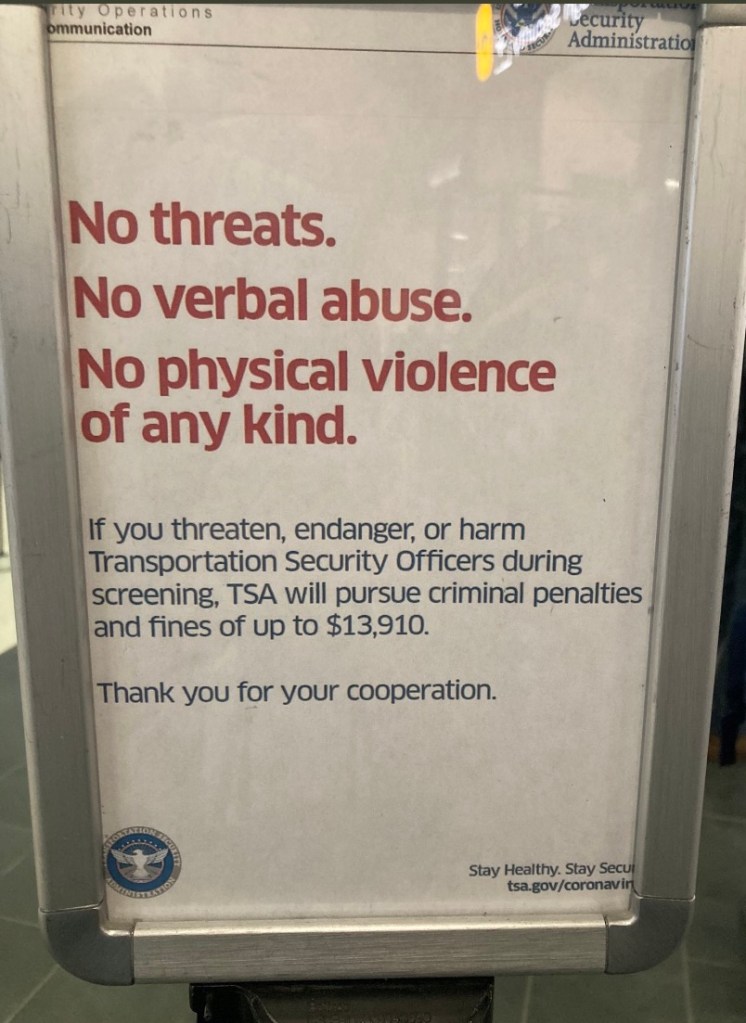
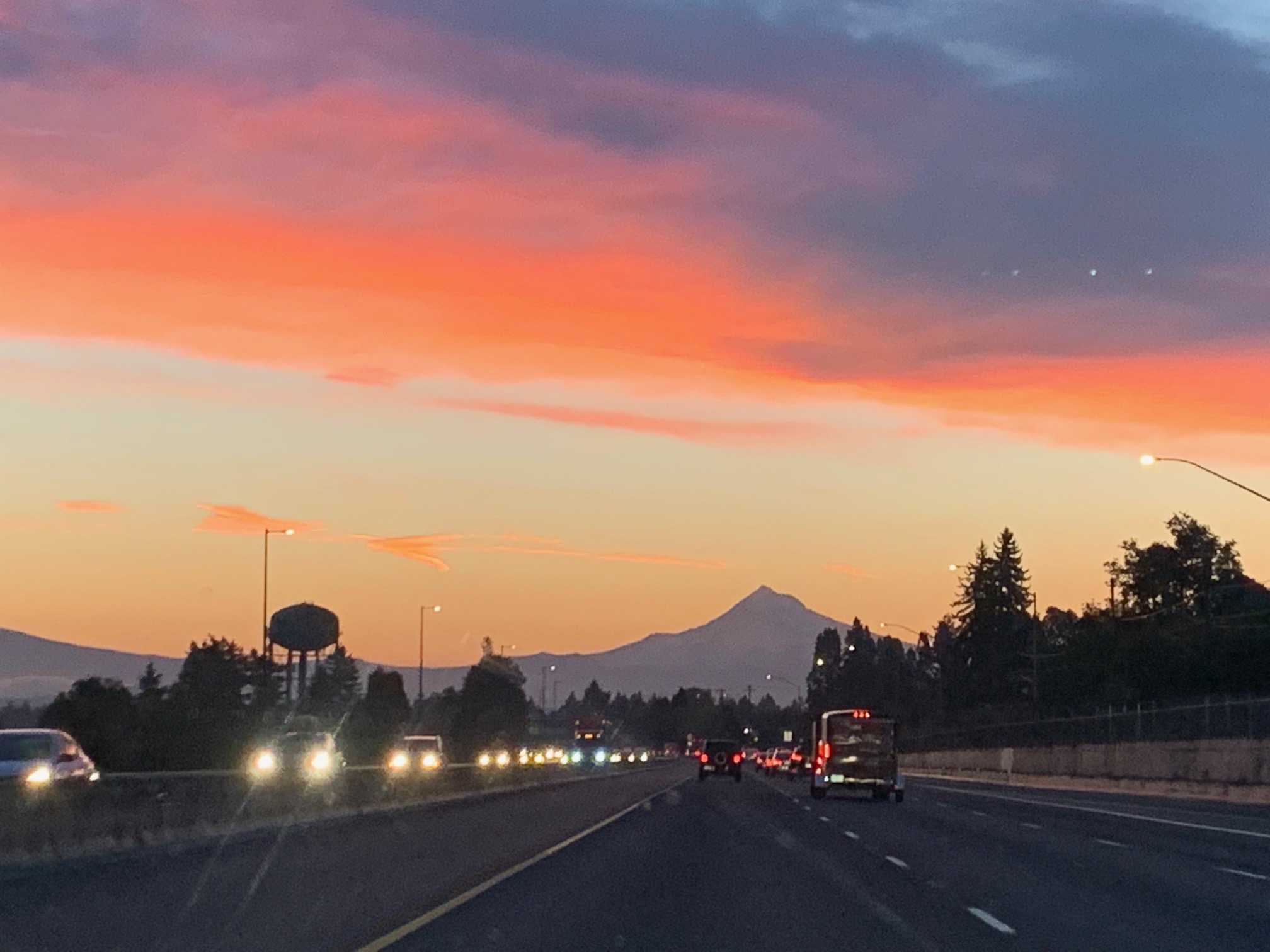
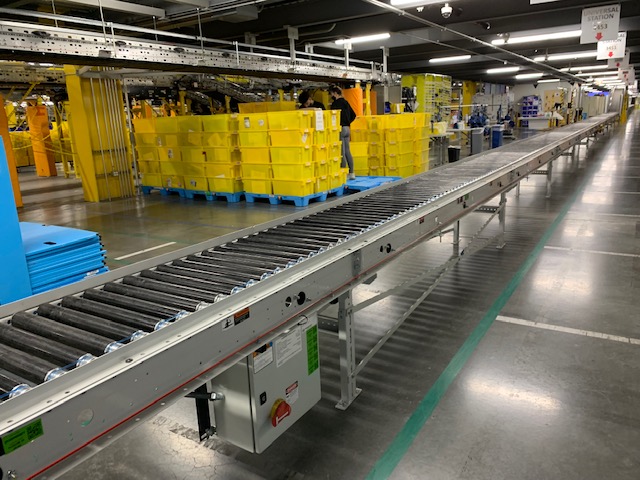


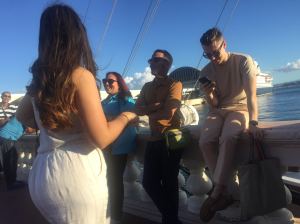

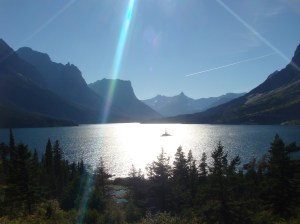

See What Readers Have to Say